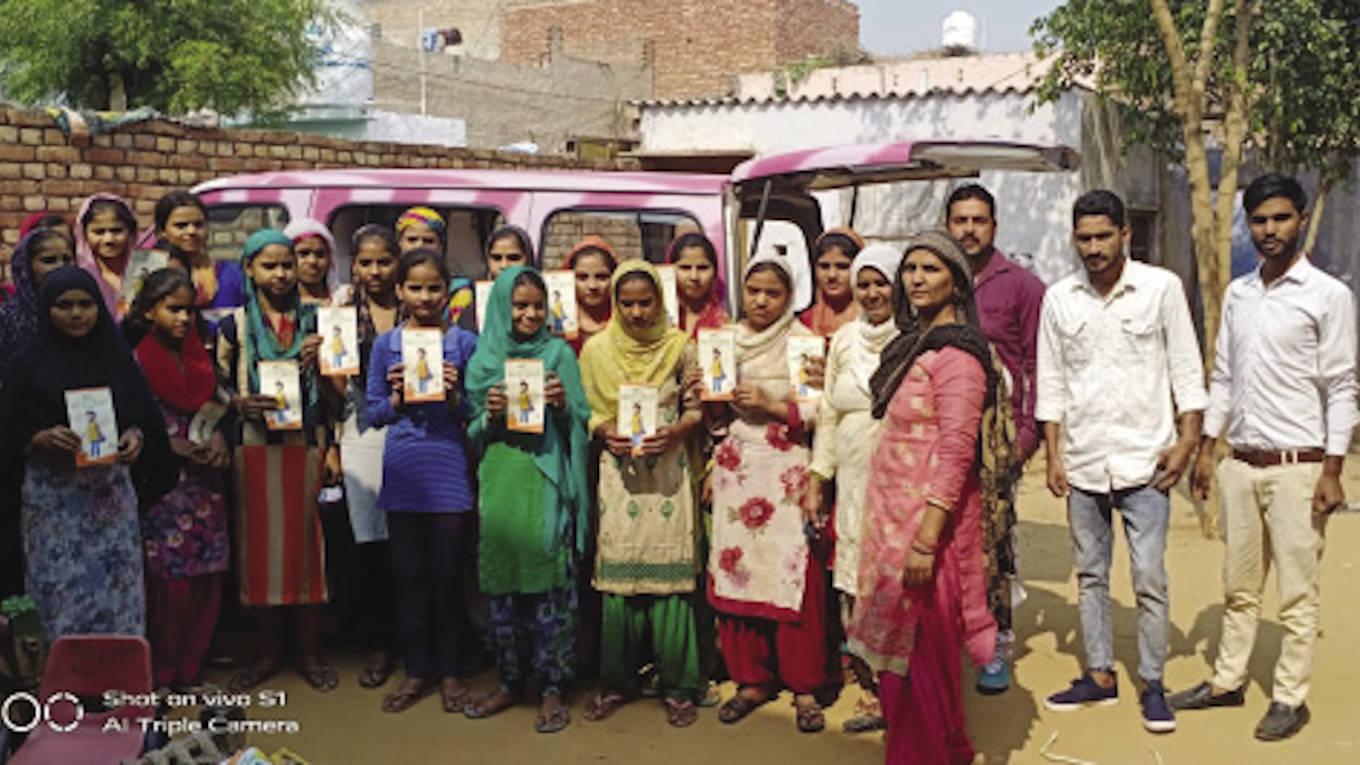Through its healthcare activities, aligned with SDG-3, Jindal Steel & Power Ltd (JSPL) has been trying to improve the society’s access to quality and affordable healthcare facilities – both preventive and curative. The healthcare programmes, run by JSPL Foundation, ranges from providing health measures in rural areas through mobile medical units to institution-based super specialty health services. It aims to lower IMR and MMR, combating child malnutrition, minimising anaemia in adolescent girls, creating open-defecation-free environment, operating telemedicine centres, combating HIV & AIDS and sustained healthcare for the differently-abled and establishing secondary and tertiary health services. The programmes are also aligned to the UN Sustainable Development Goals. Kishori Express, an anaemia control programme meant for adolescent girls, is implemented across 528 villages of Banarpal, Chendipada and Angul blocks in Angul district of Odisha and 87 villages of Punhana block of Nuh district of Haryana. The programme was launched in April 2011 in Chendipada block and replicated at Banarpal block in 2012 and, later, in Angul block in 2018. It’s now operational in Nuh, Haryana too, covering Punhana block under the aspirational district programme of the government. The vehicle, branded Kishori Express, is equipped with a touch screen computer, in which a quiz is conducted to create awareness among adolescent girls. It also has facilities like blood analysers, micro-cuvettes, swabs, seed kits, IFA tablets, sanitary pads, etc. It is staffed with counsellors, paramedics and computer operators too. The team members counsel adolescent girls on health, nutrition and menstrual hygiene. Also, a haemoglobin test is carried out to check their HB percentage in blood. After the tests, the report is shared with the Health Department and ICDS for further follow-up. Girls in ‘severe condition’ category are advised to take high nutritional support to improve their HB level. Kishori Express also provides a seed kit – a pack of seeds of vegetables, which are rich in iron. The girls are encouraged to plant these seeds in their backyards for future consuming. The anaemic cases are referred to anganwadi centres, where they are given tablets. The implementation process The project is being implemented by JSPL, in collaboration with the district administration, health department and ICDS. Dedicated teams from JSPL, with customised vehicles, are in the field for the implementation of the project. The project implementation process involves a monthly micro plan, prepared in consultation with the government stakeholders; reaching out to the adolescent girls and sensitising them on health & hygiene; and sharing of reports with stakeholders. At Nuh, Haryana, in one year after implementation, the project had helped and guided more than 22,000 adolescent girls. At Angul, the project covered 528 villages, attending to the needs of 2.28 lakh adolescent girls. There has been a 91 per cent reduction in severe-to-moderate anaemic cases and 93 per cent reduction in moderate-to-normal cases since the project started its operations in 2011-12 at Angul.
-

Kishori Express beneficiaries at Nuh

































